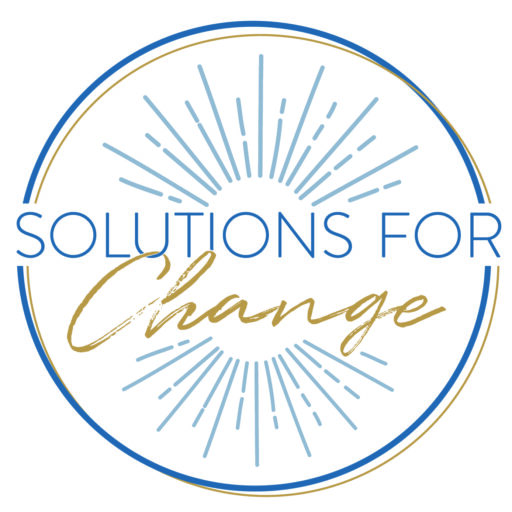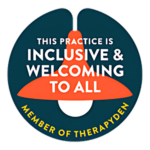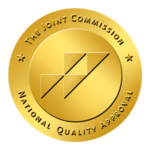As the COVID-19 pandemic has illuminated, we rely on first responders to address some of our most difficult and often unbelievable situations.
The term first responder as defined by the U.S. Department of Homeland Security refers to those individuals who in the early stages of an incident are responsible for the protection and preservation of life, property, evidence, and the environment. This term includes emergency response providers as defined in section 2 of the Homeland Security Act of 2002 (6 U.S.C. § 101), as well as emergency management, public health, clinical care, public works, and other skilled support personnel (such as equipment operators) that provide immediate support services during prevention, response, and recovery operations.
The term ‘‘emergency response providers’’ includes Federal, State, and local emergency public safety, law enforcement, emergency response, emergency medical (including hospital emergency facilities), and related personnel, agencies, and authorities.
First responders make a commitment to help others and save lives. They are those who have been trained as experts in addressing emergencies, and their work varies in scope. First responders are the incredible people who are among the first to arrive at the scene of a car crash, a natural disaster, or a catastrophic medical event. This includes police officers, fire fighters, paramedics, EMTs, as well as dispatchers, doctors, nurses, and social workers in emergency departments or teams dispatched to assist with critical situations.
Vicarious Trauma
These workers often endure long hours in stressful situations. Repeatedly witnessing or being involved in situations involving pain, trauma, death, and other forms of extreme stress results in what’s known as vicarious trauma. Vicarious trauma is linked with negative health outcomes, higher stress, increased rates of addiction, and higher risk for suicide.
So who is caring for these first responders?
First responder mental health is often overlooked. Those in this population are revered as heroes and are often believed to be unshakeable in the face of tragedy. Though first responders are trained in managing their own emotions and reactions to difficult situations in order to work swiftly and effectively, they are humans with emotions. These emotions may be set aside or ignored in the moment, but when the event is over, and the situation is handled, those emotions still linger.
The problem with the dominant view that first responders have super powers (which in many ways is true) is that it leaves no room for first responders to ask for help when their mental or emotional health is suffering.
Did you know?
In most states, once a physician seeks help for mental health issues, including anxiety, post-traumatic stress disorder (PTSD) or addiction, they are obligated to report their condition on their application for a state medical license. This results in many physicians opting not to seek mental health care out of fear of jeopardizing their license. Others take extreme measures like traveling to another state to get their medications, or paying a therapist in cash to avoid any records of the service on their insurance.
When mental health concerns are not addressed, they often continue to get worse, and lead to a decline in physical health and worsening of physical illness. These factors significantly increase one’s risk for suicide.
Burnout rates in these professions are high. Careers are cut short, and many suffer when burnout is not addressed.
What if we cared for our first responders and protected them the way they protect others? What if these workers had the ability to ask for help and restore their minds and bodies after the compounding effects of stress and vicarious trauma take their toll?





